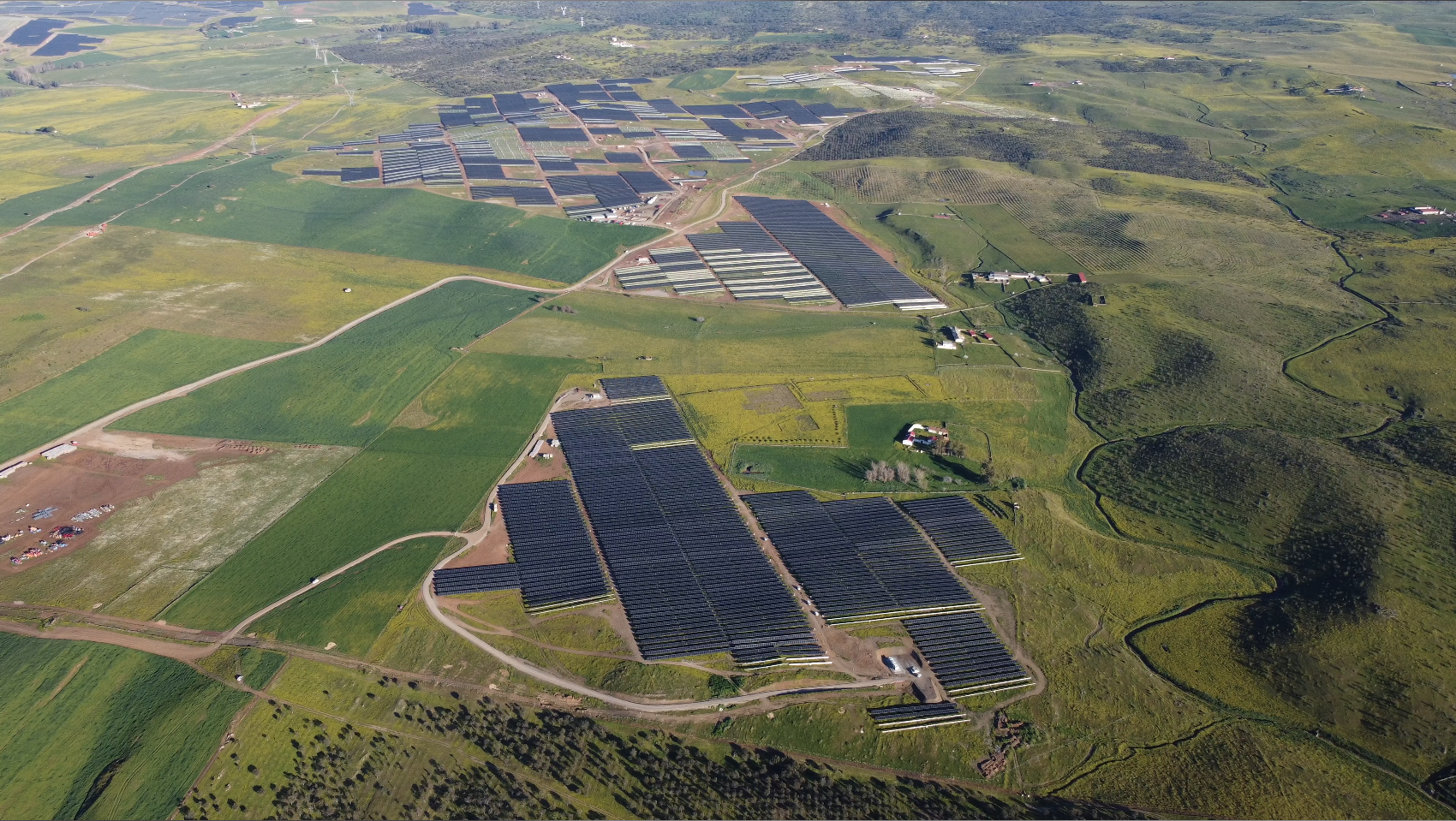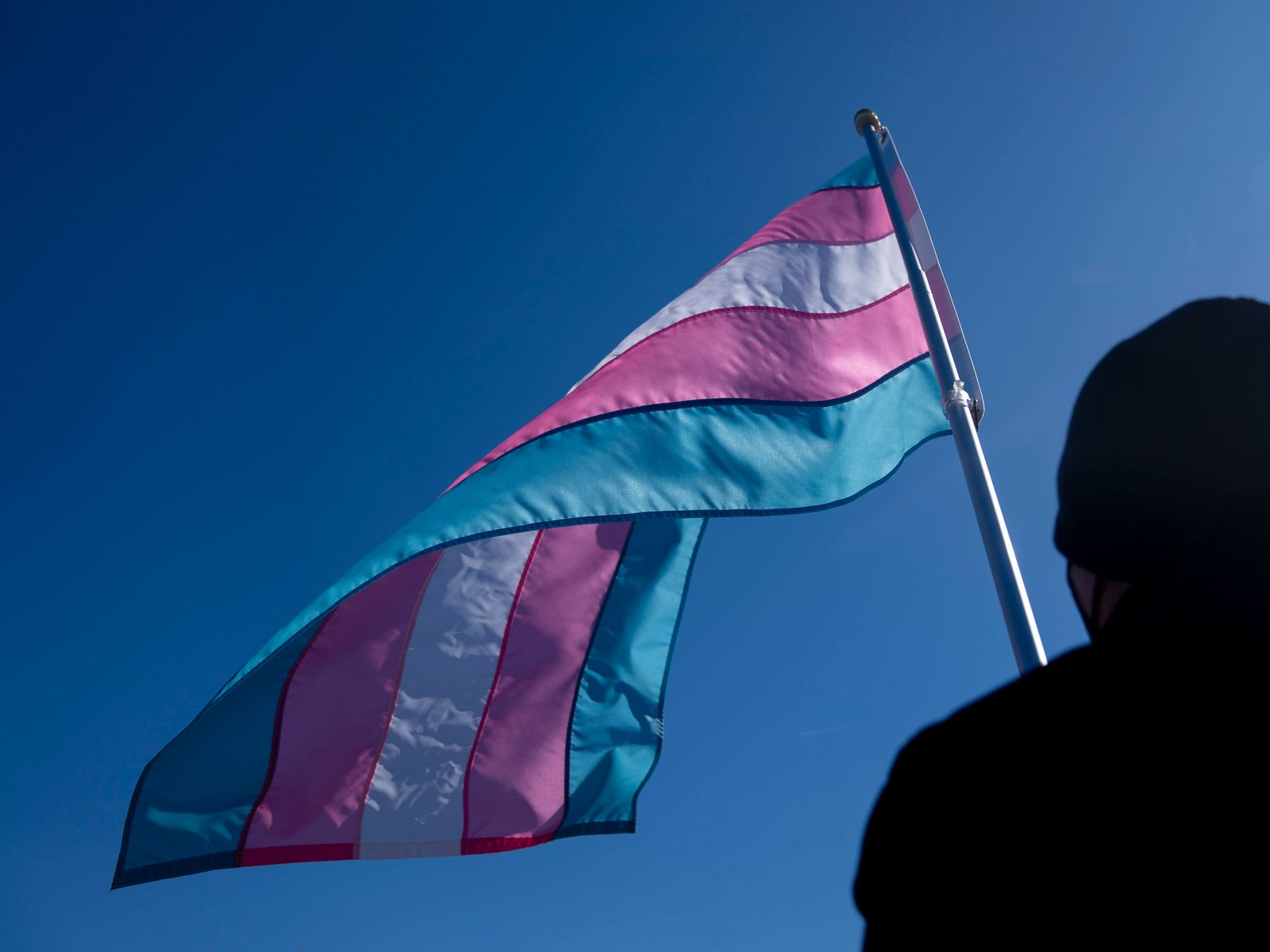Authorities in Haiti have arrested a former senator who is accused of collaborating with armed groups in orchestrating a violent attack on a civilian population. The arrest marks a significant development in the country’s ongoing efforts to dismantle entrenched alliances between political figures and criminal networks, a relationship that has long fueled instability and insecurity across the nation.
Based on the announcements made by the Haitian National Police, it is thought that the ex-senator was directly involved in organizing an armed attack on a peaceful neighborhood earlier this year. This action, executed by individuals linked to gangs, led to extensive violence, damage to properties, and the forced eviction of locals. Officials claim that the former legislator gave logistical and strategic aid to the assailants, increasing worries about how much influence political leaders might have in supporting or encouraging illegal activities.
Este arresto de alto perfil ha capturado tanto la atención nacional como internacional, destacando nuevamente la crítica situación de seguridad en Haití y la compleja relación entre el poder, el crimen y el gobierno.
Haiti has faced a prolonged period of political instability and social unrest, exacerbated by the rise of heavily armed gangs that control significant territory in and around the capital, Port-au-Prince. These groups, often better equipped than the national police, have carried out kidnappings, extortion, and attacks on communities with increasing frequency and impunity.
The judicial framework has faced difficulties in bringing offenders to justice, partly because of resource constraints and prevalent corruption. Allegations of cooperation between political figures and gang leaders have lingered for years; however, gathering evidence is frequently challenging due to intimidation, the fear of retribution, and a lack of openness in court processes.
The recent arrest represents a rare moment of accountability and raises hopes among some citizens and civil society organizations that the tide may be turning—though others remain skeptical, given Haiti’s history of impunity for powerful figures.
The community targeted in the attack is located in an area that has experienced repeated violence and displacement as gangs vie for control of strategic zones. Eyewitnesses and human rights observers described the assault as deliberate and well-coordinated, with assailants using high-caliber weapons and setting fire to homes and businesses.
Many families had to escape, and numerous people were mentioned as hurt or dead during the event. The affected, who had mostly already been displaced due to gang-related aggression, reportedly were unprepared for the magnitude and ferocity of the attack.
La Policía Nacional de Haití indicó que pruebas, como comunicaciones interceptadas y testimonios presenciales, vinculan al exsenador con la planificación y ejecución del ataque. Las autoridades afirman que utilizó sus conexiones políticas para asegurar el tránsito seguro de personas armadas y ofreció apoyo logístico, como transporte y orientación táctica.
Noticias sobre el arresto han generado debate en todo el país. Algunos líderes políticos han aplaudido la medida como un avance hacia la restauración de la ley y el orden, mientras que otros han instado a la cautela, destacando la importancia del debido proceso y la necesidad de contar con pruebas contundentes para respaldar acusaciones tan graves.
In the avenues of Port-au-Prince and various other cities, the public has shown varied responses. Some locals believe the detention is a necessary step to address political involvement in organized crime. Meanwhile, others are skeptical about the possibility of true justice, referring to previous instances where influential figures were detained but never prosecuted or convicted.
Organizations advocating for human rights in Haiti and internationally have urged for a clear legal framework and safeguards for witnesses potentially testifying against the ex-senator. They caution that without genuine accountability, the arrest might turn into another symbolic act rather than an impetus for comprehensive reform.
El caso resalta los problemas profundamente arraigados que enfrentan las instituciones de Haití. Durante años, los analistas han advertido que la gobernanza democrática en el país está debilitada por la nebulosa separación entre el cargo público y los intereses privados criminales. Las pandillas no solo mantienen un control territorial, sino que también influyen en las elecciones, intimidan a los opositores políticos y actúan como ejecutores para facciones rivales.
Successive administrations have promised to sever these connections, yet advancement has been gradual. Law enforcement and armed forces frequently lack the necessary training, resources, and governmental support required to confront formidable criminal groups—especially when these groups are shielded by political allies.
The situation has also renewed calls for international assistance to help Haiti rebuild its justice and security sectors. The United Nations and several regional bodies have expressed concern over the growing power of gangs and the inability of the government to protect civilians or conduct credible investigations.
Some international observers have proposed targeted sanctions against individuals linked to violence or corruption, including travel bans and asset freezes. Others advocate for greater support to civil society organizations and independent media, which play critical roles in documenting abuses and holding leaders accountable.
En paralelo, existe un acuerdo creciente de que las soluciones duraderas deben originarse desde dentro de Haití. Las reformas estructurales en la gobernanza, la fuerza policial y el sistema judicial son cruciales para lograr un cambio permanente. Esto implica fortalecer las instituciones, despolitizar las agencias de seguridad y garantizar que los procesos legales sean claros y accesibles.
As the legal proceedings against the former senator move forward, attention will turn to the capacity of Haiti’s courts to handle such a high-profile and politically sensitive case. Legal experts warn that the integrity of the investigation will depend on the ability of prosecutors to act independently and without intimidation.
There is also the question of whether the former senator acted alone or as part of a broader network. Investigators are reportedly looking into possible links with other political figures, as well as financial ties that may reveal how gangs are funded and supported.
Whether the case concludes with a conviction or is dismissed, it will probably affect the public’s view of how dedicated the state is to combating corruption and impunity.
La detención de un exsenador haitiano bajo acusaciones de trabajar junto a bandas en un ataque contra una comunidad pacífica señala un momento crucial en la lucha del país contra la violencia organizada y la corrupción política. Aunque algunos han recibido esta acción como un indicio de avance, el verdadero efecto dependerá de la integridad del proceso judicial y de la disposición de los líderes de Haití para abordar los problemas más profundos que están en juego.
In a nation where justice has often remained elusive for victims of violence and corruption, this case offers a critical opportunity to demonstrate that no one is above the law. Whether it will serve as a turning point or another fleeting headline remains to be seen—but for many in Haiti, the hope is that accountability, however delayed, is finally within reach.




